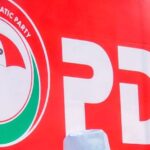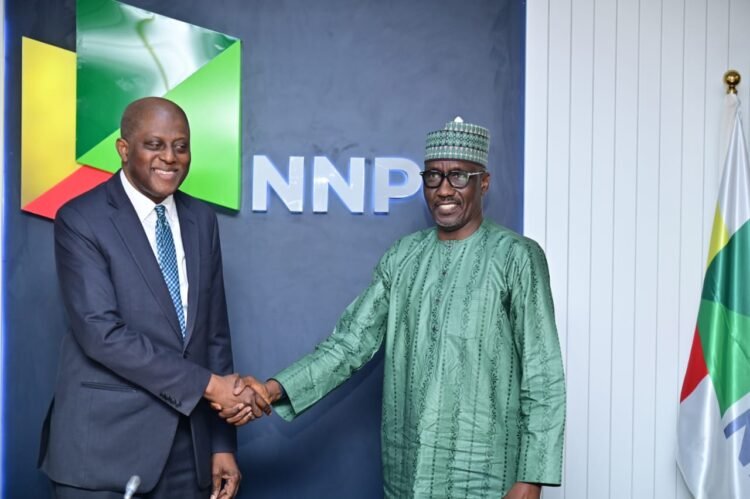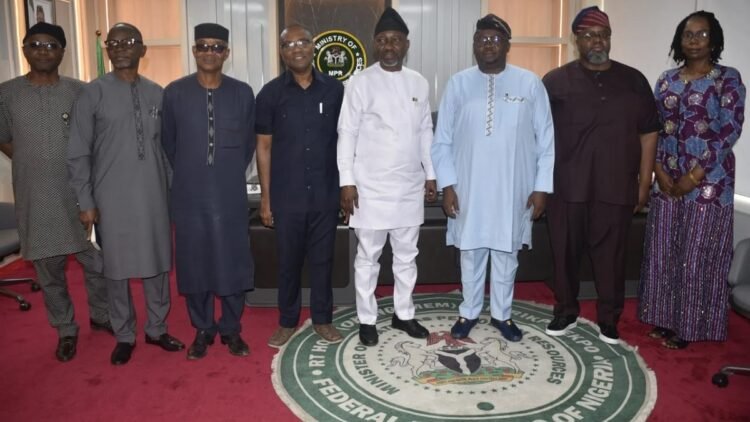Climate Change: NNPC Ltd/Total Energies JV achieves zero gas flare
By Emmanuella Anokam The Nigerian National Petroleum Company Limited/TotalEnergies Joint Venture (JV) has achieved zero routine gas flare in all its assets. This feat was announced on Thursday during an inspection of the Oil Mining Lease (OML) 100 in South-eastern Niger Delta, off Port Harcourt, by a joint NNPC Ltd.Continue Reading


















